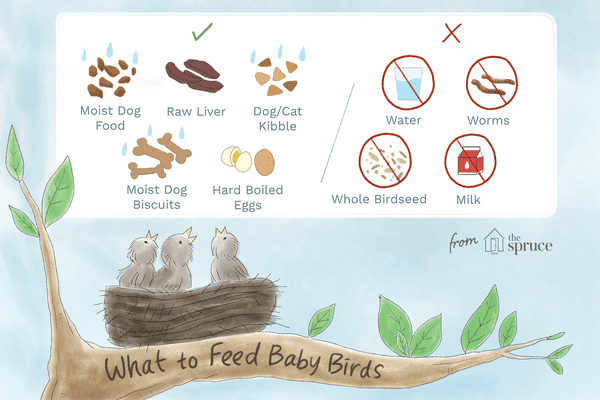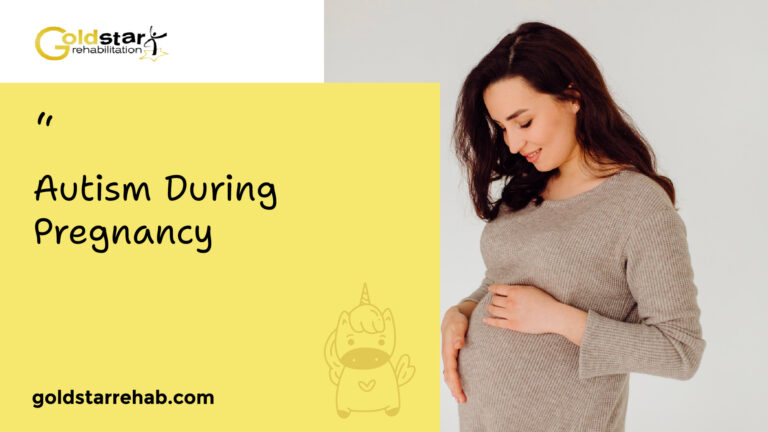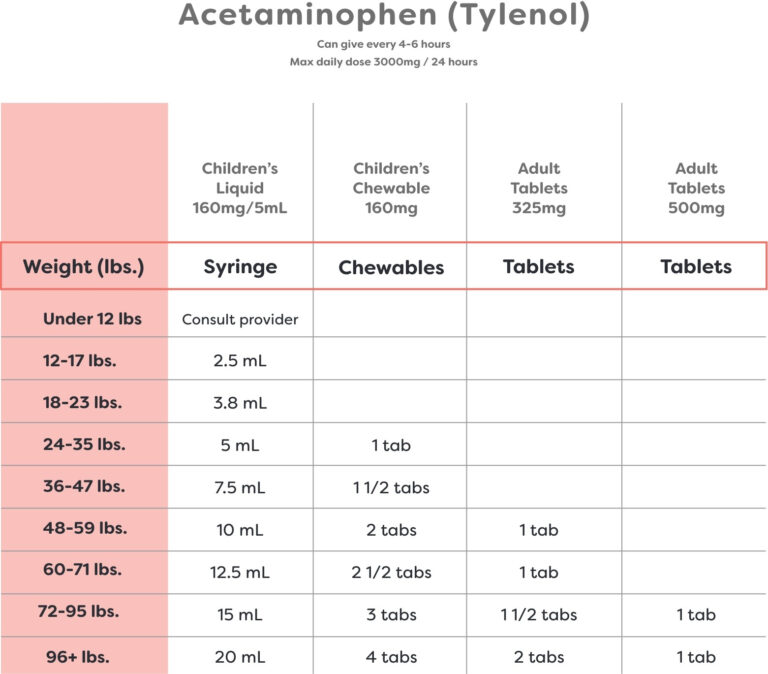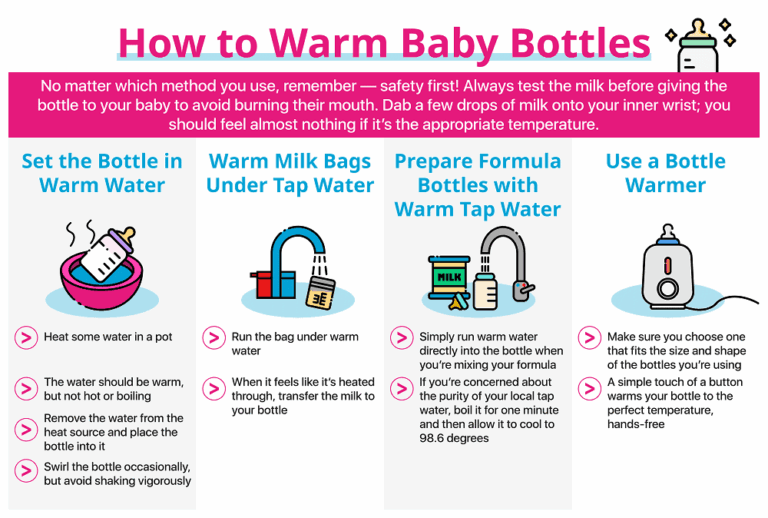Do Infants Get Nightmares: Understanding Sleep Patterns and Nighttime Disturbances
Infants, with their unique sleep patterns and developing brains, present a fascinating subject when it comes to understanding sleep and its disturbances. Nightmares, often associated with older children and adults, raise questions about their occurrence in infants. This article delves into the realm of infant sleep, exploring the prevalence, causes, and impact of nightmares in this vulnerable population.
Infants’ sleep patterns differ significantly from those of adults, characterized by frequent awakenings, shorter sleep cycles, and a higher proportion of REM sleep. As they mature, their sleep patterns gradually shift towards adult-like patterns. Understanding these differences is crucial for comprehending the potential for nightmares in infants.
Do Infants Get Nightmares?

Infants don’t get nightmares in the same way that older children and adults do. This is because their brains are still developing and they don’t have the same capacity for complex thought and emotion. However, infants can experience night terrors, which are a type of sleep disturbance that can be very frightening for both the infant and the parents.
Night terrors
Night terrors are a type of parasomnia, which is a sleep disorder that involves abnormal behaviour during sleep. Night terrors typically occur during the first few hours of sleep, when the infant is in a deep sleep. The infant may suddenly sit up in bed, scream, and appear terrified. They may also sweat, breathe heavily, and have a racing heart rate. Night terrors can last for a few minutes or up to an hour.
When an infant has a night terror, it is important to stay calm and not try to wake them up. You can comfort them by talking to them softly and holding them close. Once the night terror has passed, the infant will likely go back to sleep on their own.
What causes night terrors?
The exact cause of night terrors is unknown, but they are thought to be caused by a combination of factors, including:
* Brain development: Infants’ brains are still developing, and this can make them more susceptible to night terrors.
* Stress: Stressful events, such as a new sibling or a change in routine, can trigger night terrors.
* Sleep deprivation: Infants who are sleep deprived are more likely to have night terrors.
* Genetics: Night terrors can run in families, so if you have a family history of night terrors, your infant is more likely to experience them.
How to prevent night terrors
There is no surefire way to prevent night terrors, but there are some things you can do to reduce the risk of them occurring:
* Establish a regular sleep routine: Infants who have a regular sleep routine are less likely to have night terrors.
* Make sure your infant is getting enough sleep: Infants who are sleep deprived are more likely to have night terrors.
* Avoid stressful events: If possible, avoid exposing your infant to stressful events, such as a new sibling or a change in routine.
* Create a calming bedtime routine: A calming bedtime routine can help your infant relax and fall asleep more easily. This could include a warm bath, a massage, or reading a story.
When to see a doctor
Night terrors are usually harmless, but they can be frightening for both the infant and the parents. If your infant is having frequent night terrors, or if they are causing significant distress, you should see a doctor. The doctor can rule out any underlying medical conditions and recommend ways to reduce the risk of night terrors.
FAQ
Can infants experience nightmares?
Yes, while less common than in older children, nightmares can occur in infants, particularly during periods of developmental changes or sleep disturbances.
What are the potential causes of nightmares in infants?
Causes may include developmental factors, sleep disturbances, external stimuli, sleep deprivation, and infant temperament.
How can parents help manage infant nightmares?
Strategies include establishing regular sleep routines, creating a calming bedtime environment, addressing underlying sleep issues, and providing emotional support.





